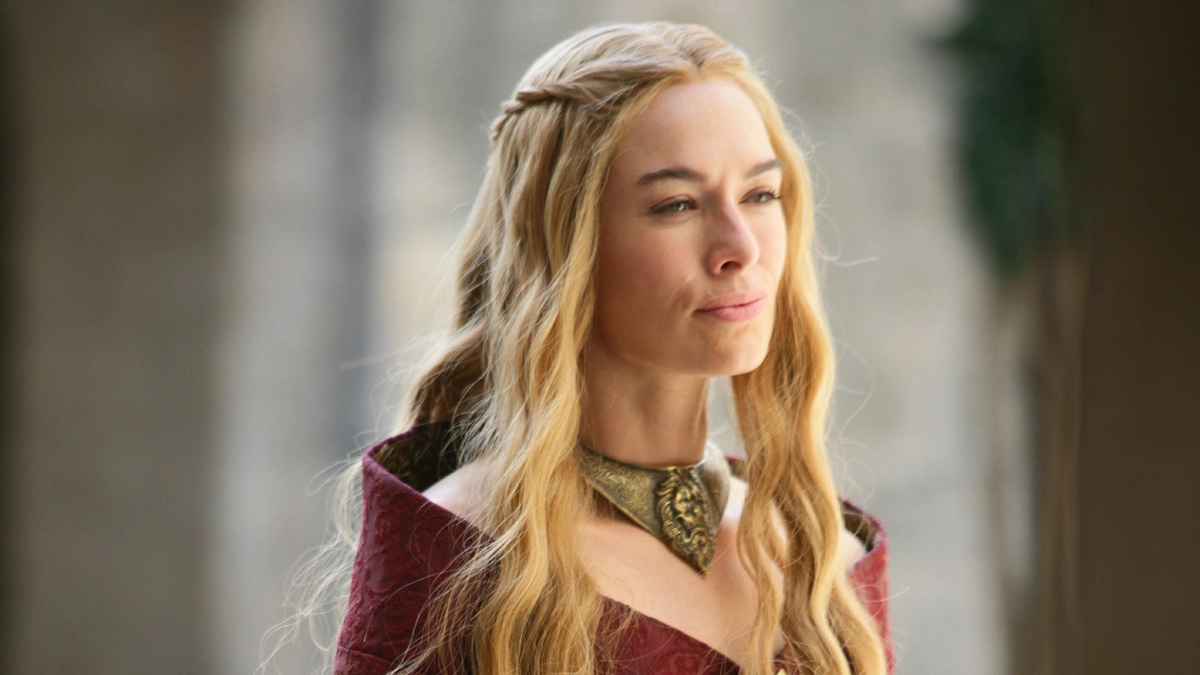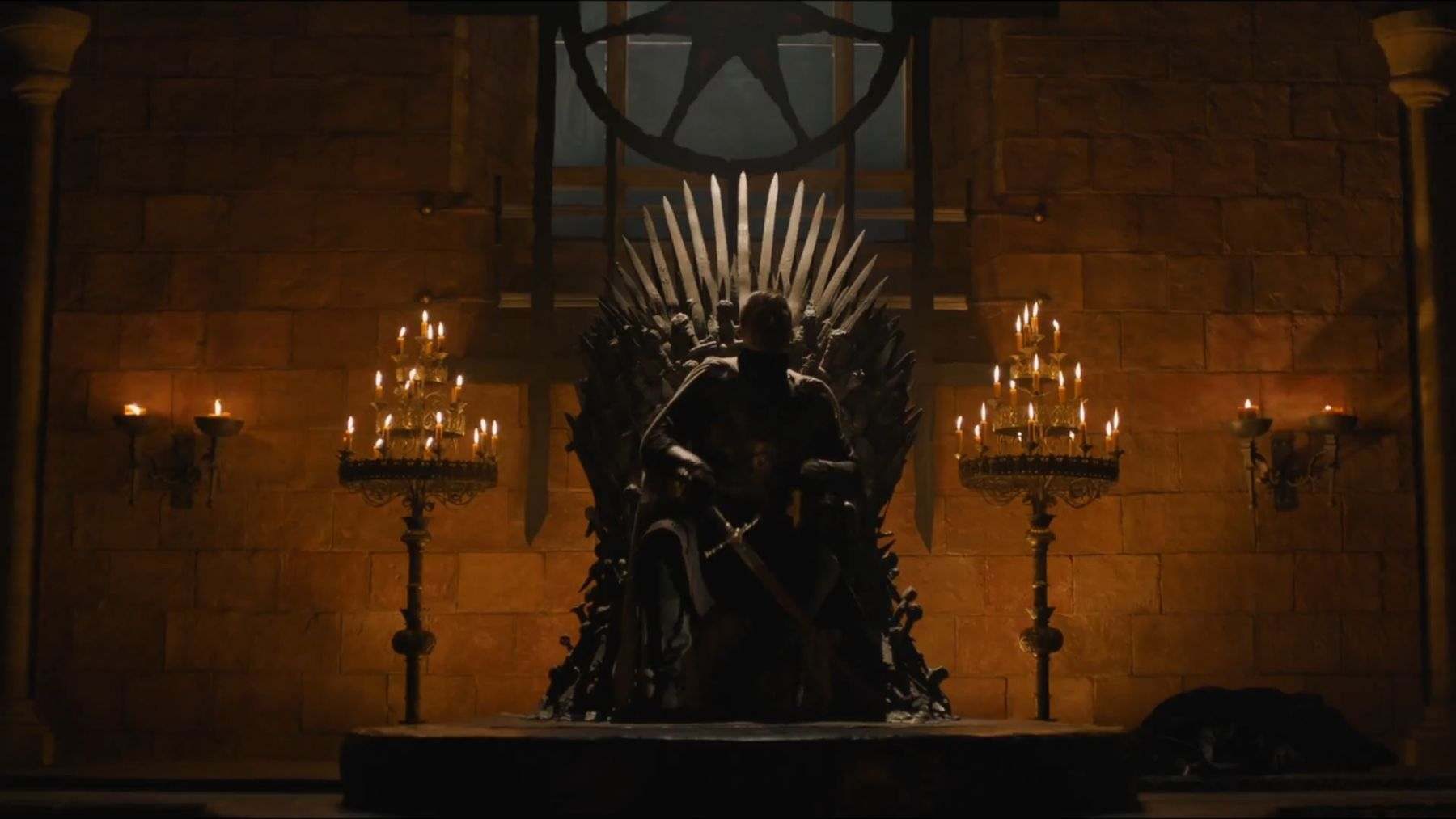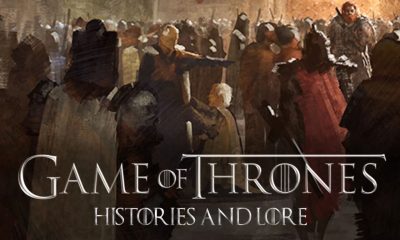Cersei Lannister is one of those characters you can’t help but have strong feelings about. Whether you love to hate her or just find her fascinating, there’s no denying she’s one of the most compelling figures in Game of Thrones. But is she truly evil, or is there more to her than the scheming, power-hungry queen we see on screen? George R. R. Martin, the creator of A Song of Ice and Fire, has some interesting insights into Cersei’s character—and how Lena Headey’s portrayal in the HBO series added layers to her that even the books didn’t fully explore. He spoke more about it in interviews with Keith Tee and Fantastic Forum.
Read More: Author Larry Correia takes a dig at George R.R. Martin in his new book Heart of the Mountain
Cersei Lannister in the books vs. the show
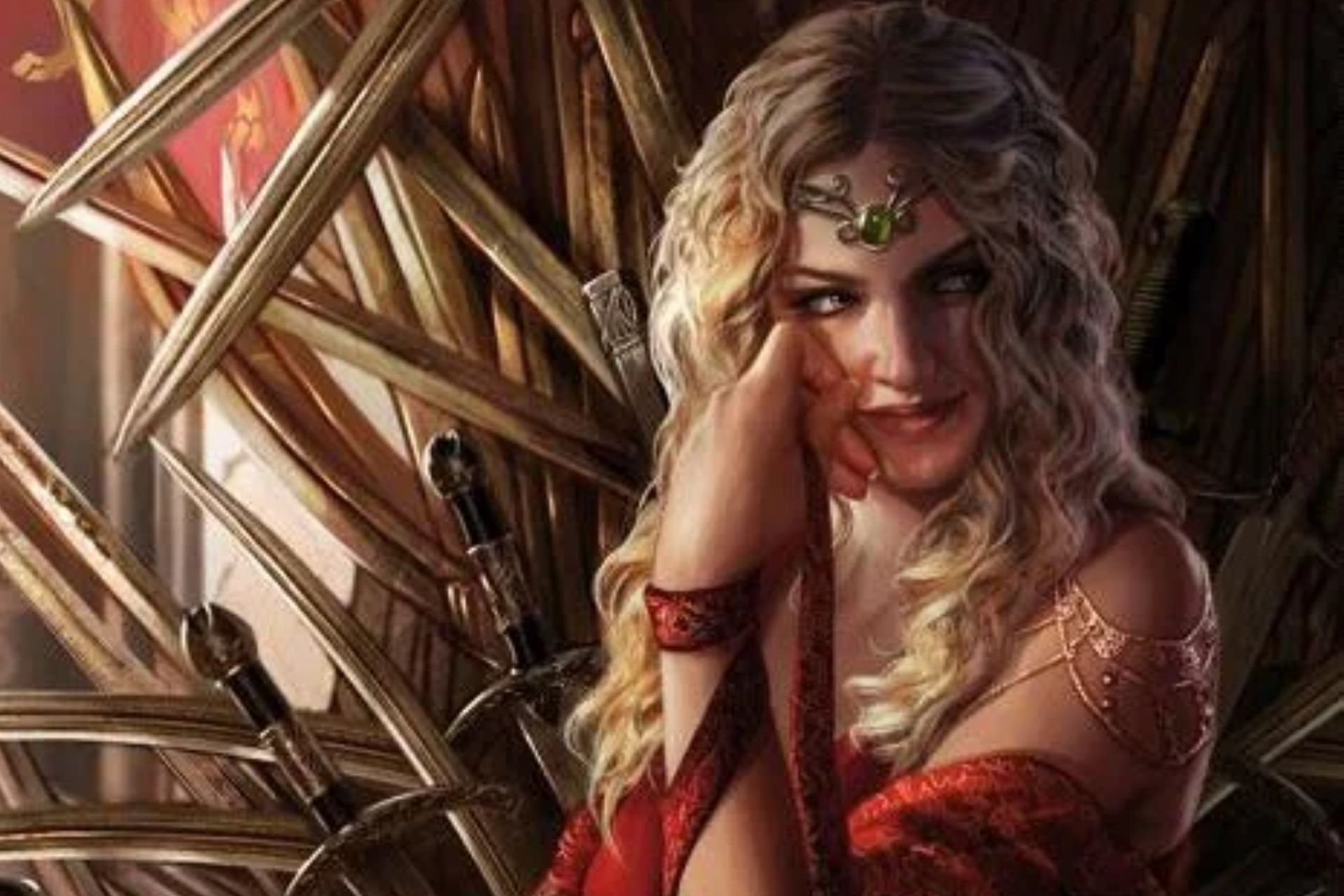
Credits: Magali Villeneuve
In the Game of Thrones TV series, Cersei often comes off as a straight-up villain. Whether she’s blowing up the Great Sept of Baelor or locking Ellaria Sand in a dungeon, her actions are undeniably ruthless. But in Martin’s books, particularly A Feast for Crows, Cersei is a lot more complicated.
The books give us access to her inner thoughts, revealing her insecurities, fears, and the prophecy that haunts her. Maggie the Frog’s prediction—that Cersei will outlive her children and be replaced by a younger, more beautiful queen—plays a huge role in shaping her decisions. It’s not just about power for Cersei; it’s about survival and protecting what little control she has in a world that constantly undermines her.As Martin puts it:
“When you read a book or watch a TV show, if you have a hero and a villain, one is black and the other is white, and everyone responds to them the same way—we like the hero and hiss at the villain—you’re dealing with cardboard characters. If the characters are fully fleshed out and complicated, then people will react to them differently, just like they would with real people.”
Cersei is the perfect example of this. She’s not just a villain; she’s a product of her environment, shaped by privilege, fear, and the constraints of a patriarchal society.
Read More: Sophie Turner hints at the possibility of Sansa Stark becoming an evil lady like Cersei Lannister
The prophecy that drives Cersei
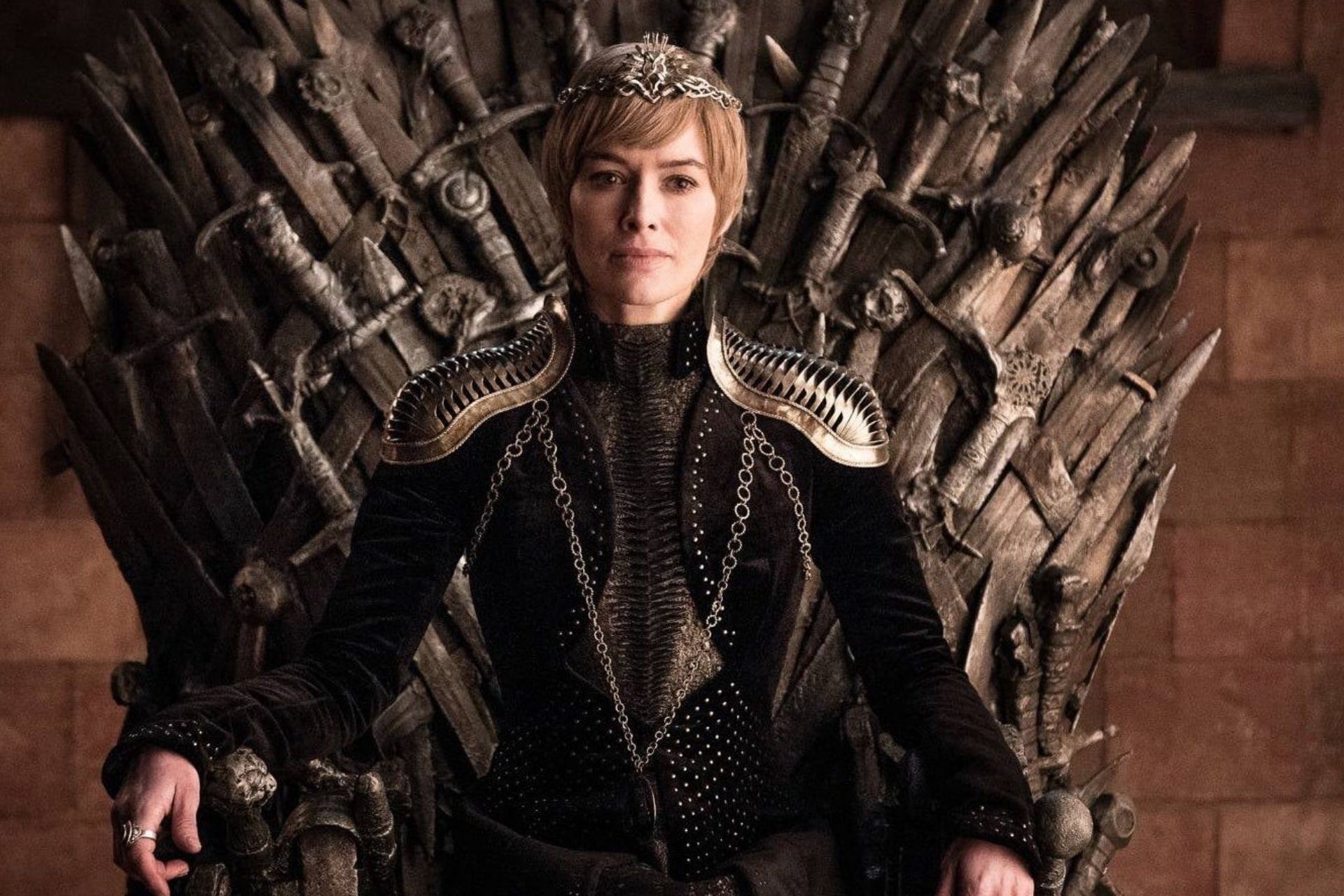
Credits: HBO
Maggie the Frog’s prophecy is a big deal for Cersei. It predicts the deaths of her children and her eventual downfall at the hands of a younger queen. This isn’t just some vague warning—it’s something Cersei thinks about constantly, and it influences nearly every decision she makes.
But according to Martin, the prophecy is only part of the story.
“The prophecy is certainly a factor, but her character is another important one. Cersei is a case study in how privilege and society shape a person. On one hand, she’s extremely privileged—daughter of one of the greatest houses, beautiful, rich, and entitled. She’s shown deference by most people she meets. This privilege often breeds a certain attitude. However, she’s also a woman in an extremely patriarchal society. She’s told she’s better than everyone else, but also told that certain things aren’t for her—that her brother gets things she can’t have. The conflict this creates is interesting to explore, and I’ve certainly tried to do that with Cersei.”
This tension—being both privileged and oppressed at the same time—is what makes Cersei so fascinating. She’s a woman who’s been told she’s superior, yet denied the power and freedom her brother Jaime enjoys. It’s no wonder she’s constantly scheming to maintain control.
Read More: Kit Harington feels privileged to have been a part of Game of Thrones
Lena Headey’s Cersei Lannister: adding humanity to the Queen
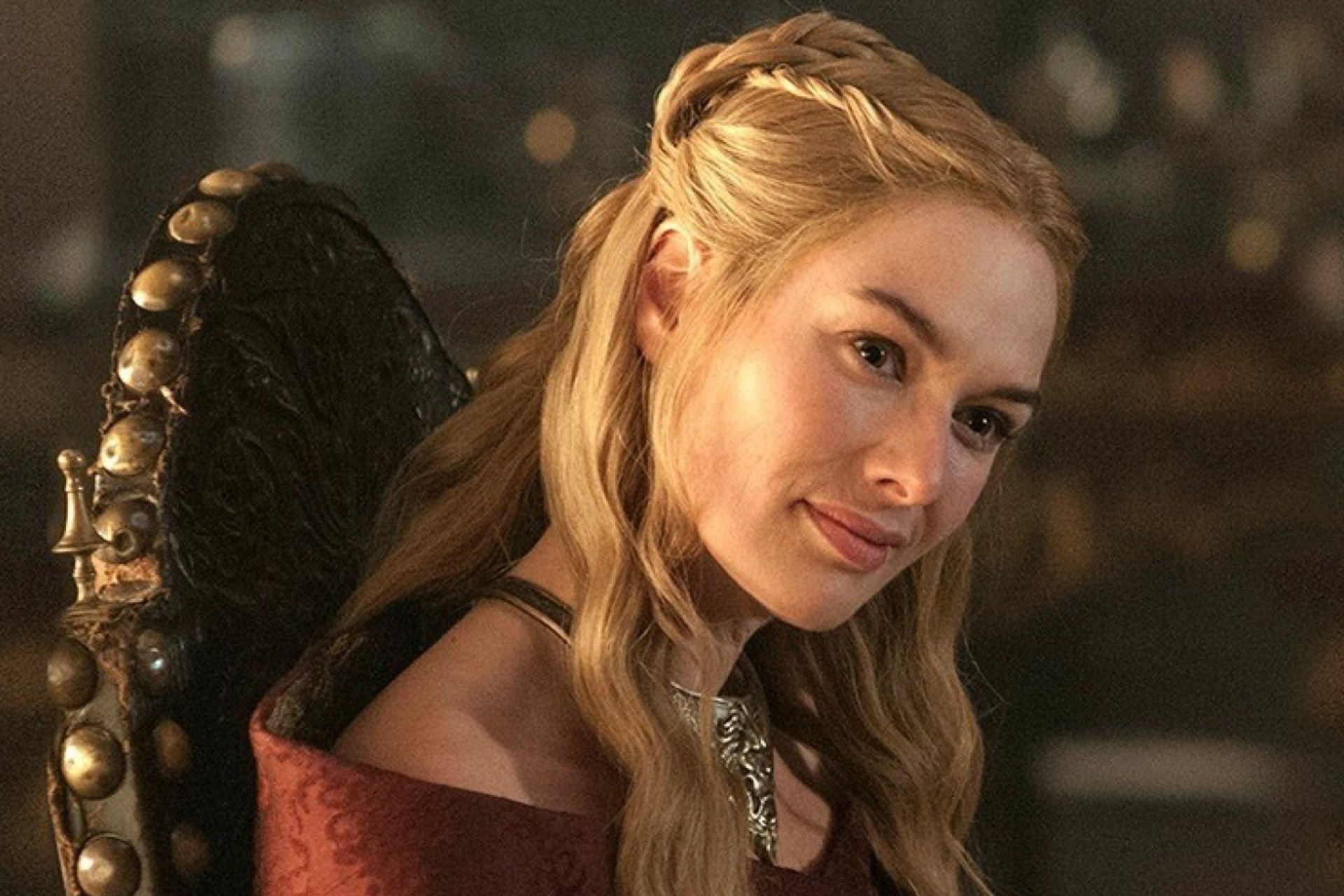
Credits: HBO
While the books give us a deeper look into Cersei’s psyche, Lena Headey’s performance in the Game of Thrones series adds another layer of complexity. Headey brings a vulnerability to Cersei that makes her more relatable, even when she’s doing terrible things.
Martin has acknowledged this, saying:
“People watching the TV show tend to like Cersei more than people reading the books, and that’s due to Lena Headey’s brilliance. She brings a depth of humanity to the character and explains her motivations with a wonderfully nuanced performance. Cersei loves her children, and that’s her redeeming feature.”
Headey’s portrayal shows us a Cersei who’s not just a power-hungry tyrant, but a mother trying to protect her family in a world that’s constantly working against her.
Read More: Game of Thrones’ Gemma Whelan feels fortunate and privileged to be a part of the show
Cersei’s enmity with Tyrion

Credits: HBO
One of the most intriguing dynamics in Game of Thrones is the relationship between Cersei and Tyrion. Their mutual hatred is a driving force in the story, but could things have been different if their mother, Joanna Lannister, had survived childbirth?
Martin’s response to this question is classic:
“I don’t know. I write the story as it happens. What-ifs are for readers to figure out.”
It’s an interesting question, though. Would Joanna’s presence have softened Cersei’s resentment toward Tyrion, or would their personalities have clashed regardless? It’s one of those Game of Thrones mysteries that fans love to debate.
Read More: Speculations and theories on Night King’s possible identities and motivation
So, is Cersei evil?
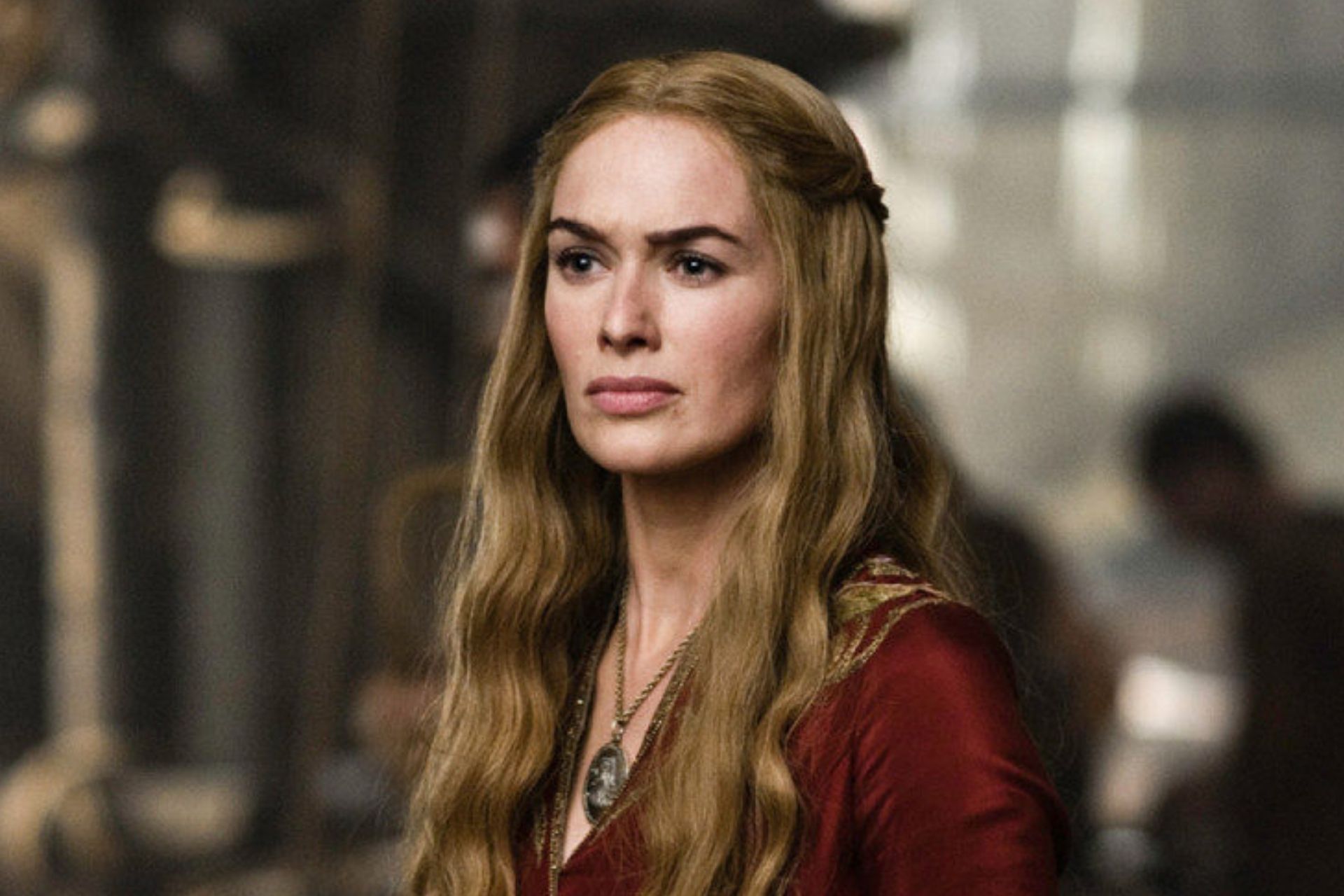
Credits: HBO
Cersei’s actions are often villainous, but her motivations are more complicated than simple evil. She’s a woman shaped by privilege, fear, and the constraints of a patriarchal society. Her love for her children and her desire to protect them add a layer of humanity to her character, even as her methods become increasingly ruthless.
As Martin reminds us:
“Cersei’s journey isn’t over yet. I’m only five books in, with two more to write, so keep reading.”
Who knows? We might learn even more about what makes Cersei tick in the future.
Read More: Cersei Lannister gave the fans a big surprise in the latest Game of Thrones episode!
